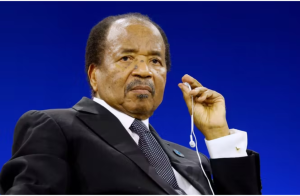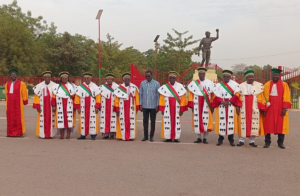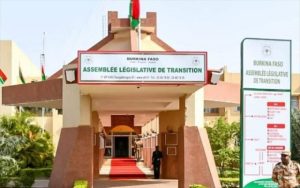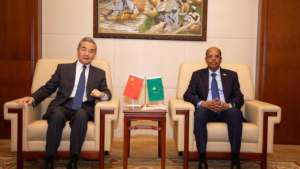Cameroon: Issa Tchiroma, the new disciple of the neo-colonialists on a mission of destabilisation
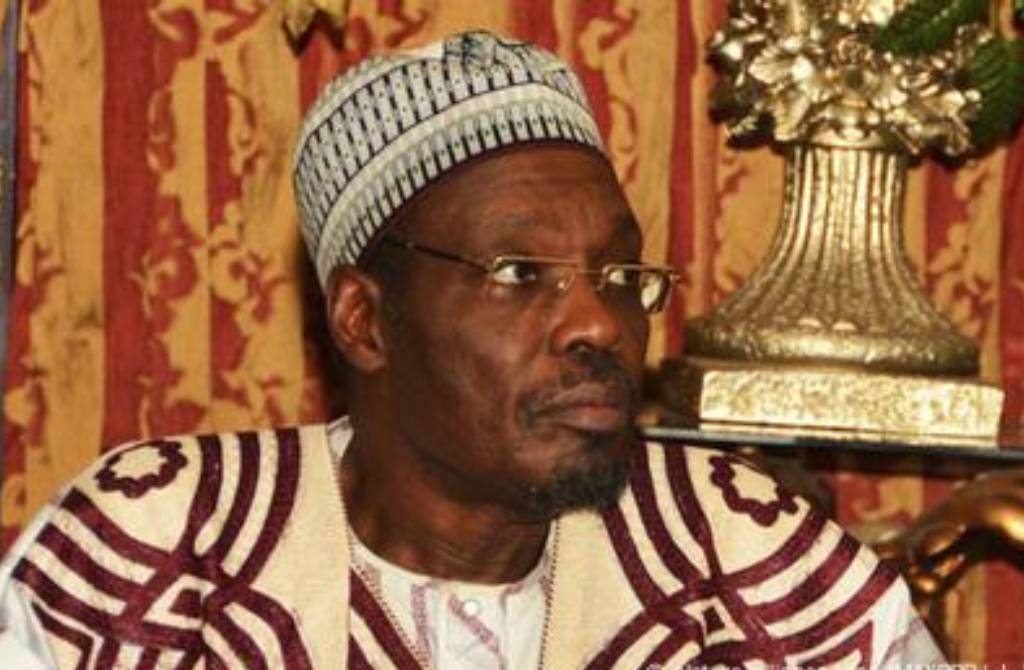
For several months, a subtle but persistent campaign appears aimed at sowing confusion among the Cameroonian people. Behind populist rhetoric and promises of reform often lie agendas far less patriotic. It is time for Cameroonians to open their eyes. The country is an object of desire for many, and certain foreign actors still dream of imposing a docile leader in Yaoundé; one who would guarantee their interests in the region.
Cameroon is a pillar of stability in Central Africa. Its strategic position, diversified economy, and energy potential make it a major stake for several external powers.
In a context where some states in the sub-region have lost control of their sovereign decisions, it is crucial that Cameroon remains the master of its own destiny.
Attempts at interference are no longer theoretical. They manifest through biased media campaigns, opaque financing of armed groups, and opinion manipulation on social media.
Cameroonians must therefore ask: who is pulling the strings behind certain political ambitions suddenly supported from abroad?
Certain actors, presenting themselves as the people’s saviors, exploit the legitimate poverty and anger of their fellow citizens to advance causes that do not serve the nation.
They promise radical change, but their alliances, support, and rhetoric often betray external connections.
This is not the first time foreign powers have tried to install a local proxy at the helm of an African state to better control its resources and decisions.
Cameroonians must refuse this trap. Behind appealing slogans, one must examine actions, relationships, and sources of funding. A true patriot does not need the support of a foreign power to defend their country.
Our national unity is the primary weapon against manipulation. Cameroonians must also support the institutions that guarantee the country’s stability, demand political transparency, and encourage national media to conduct serious investigations to unmask external influences.
Gilbert FOTSO

